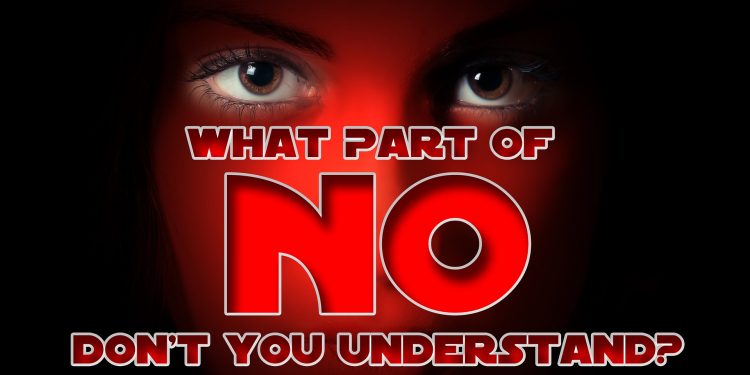“Hall of Shame” Campaign: An Instrument of Change Or A Weapon to Defame?

“Hall of Shame” – Introduction
A Facebook post of Raya Sarkar, a US-based Indian woman is creating quite a ripples in the social media platform and academia with the naming of seventy-eight academics including professors from reputed Indian institutions being listed as “sexual harassers”
Raya Sarkar, a 24-year old law student from University of California invited, “If anyone knows of academics who have sexually harassed/were sexually predatory to them or have seen it firsthand PM me and I’ll add them to the list.”
The post immediately went viral with names of 58 academics appearing on the same day. The number of individuals reached 78 on Thursday.
Raya Sarkar’s “Hall of Shame” campaign comes in the wake of a similar social media campaign called “Me too” which created quite a wave in Facebook and Twitter where women victims of sexual harassments posted “Me too” on their Facebook page to show the magnitude of the problem.
The crowd-sourced list of Raya Sarkar named academics from 33 reputed Indian institutes like Jadhavpur University, Jawaharlal Nehru University (JNU), Delhi University (DU), Film & Television Institute of India (FTII), and many other private institutions.
“Different Women, Differing Opinions”
However, social media followers and feminist groups are widely divided over the public shaming of sexual offenders as a tool to fight sexual harassment.
“We have fought for an autonomous body to deal with sexual harassment in JNU. I believe that a well-functioning system has to be in place in an academic space but I don’t think that publicly releasing a list of names accused of sexual harassment can help in any way..” said Geeta Kumari, President, JNU student Union.
Also, prominent feminists like Kavitha Krishnan, Nivedita Menon and senior Supreme Court lawyer Vrinda Gover have signed a statement criticizing the public shaming of sexual harassers.
The statement which was published on Kafila.online read, “We are dismayed by the initiative on Facebook, in which men are being listed and named as sexual harassers with no context or explanation. “
Responding to the concerns of feminist activists, V Geetha, a Chennai based writer asks asked “how one could expect students to stand up to people in authority abusing their power and hold them responsible for their deeds, when the said individuals have “a sense of limitless power and entitlement which then translates into control and possession…?”
Need Probity Instead of Publicity
Sexual harassment in educational institutions and workplace is undoubtedly a matter of serious concern. However, public shaming of individuals from the confines of anonymity combined with the absence of any credible evidence wrongdoing can tilt the argument only in favour of the subjected individuals who are hounded by the social media and women groups. In the absence of due process or legal framework to deal with sexual harassment, mere public shaming of individuals will only “delegitimize” any fight against sexual harassment and can defeat the whole purpose for which it is asserted to be standing for.




